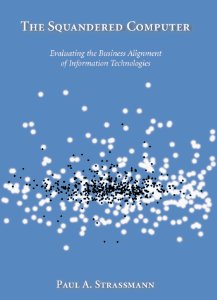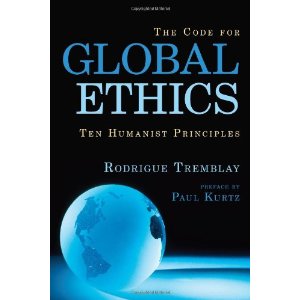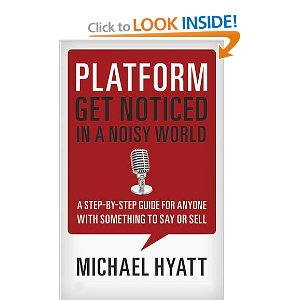
Paul Strassmann
5.0 out of 5 stars Deserves careful study–a powerful message about technology March 4, 1999
By Lou Agosta (lagosta@21stcentury.net)
The main targets for Paul Strassmann's unmasking of misconceptions about the business use of computers include the Gartner Group, advocates of Best Practices, and that mouth piece of computing vendors, the computing trade press (e.g., CIO Magazine). While not a particularly angry polemic, Strassmann is all the more devastating for his understated, simple, and straight-forward marshaling of basic facts.
The Gartner group is making a fortune telling executives in various industries what per cent of revenue for a particular vertical industry should be spent on their firms computing function in order to remain profitable. For example, insurance spends a relatively high per cent of revenue, whereas manufacturing is less. Retail is in the middle. In industry after industry, Strassmann demonstrates there is no correlation in spending on computers and profitability. None.








